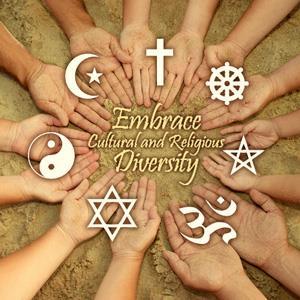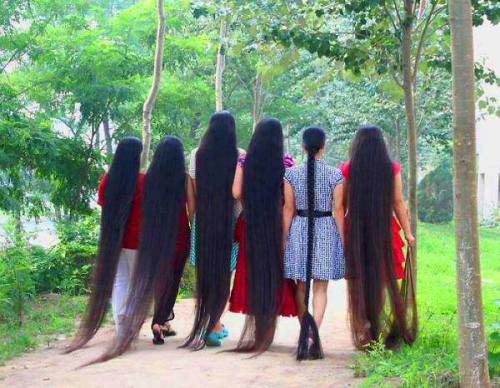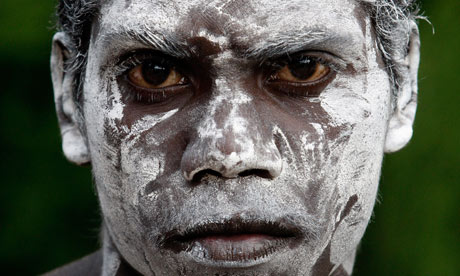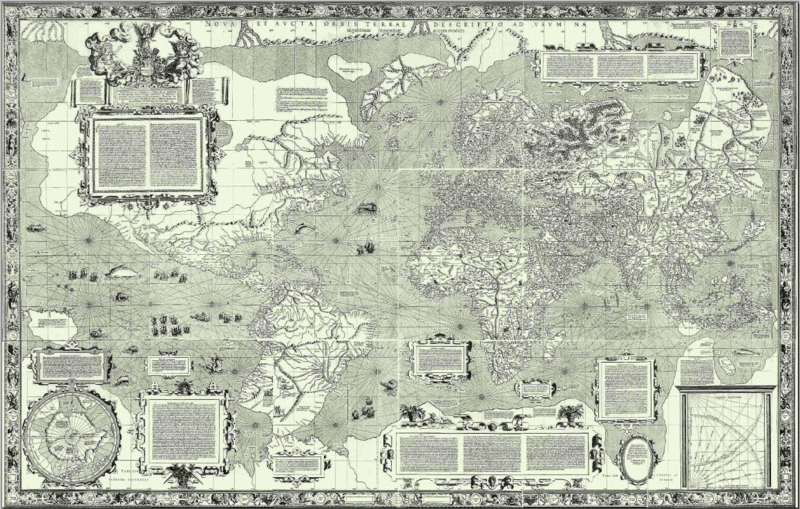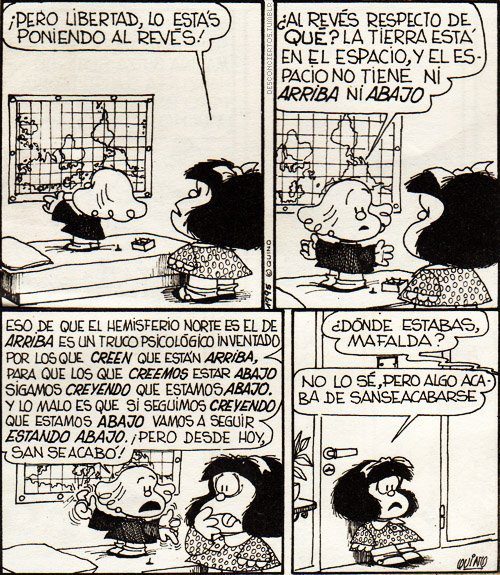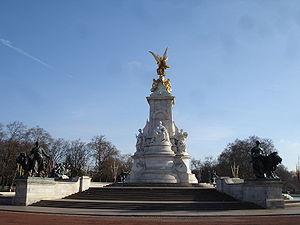"The United States is where great things are possible"
 The American Dream is a set of ideals in which freedom includes the opportunity for prosperity and success, and an upward social mobility achieved through hard work. The idea of the American Dream is rooted in the United States Declaration of Independence which proclaims that "all men are created equal" and that they are "endowed by their Creator with certain inalienable Rights" including "Life, Liberty and the pursuit of Happiness." Do you think this is true?
The American Dream is a set of ideals in which freedom includes the opportunity for prosperity and success, and an upward social mobility achieved through hard work. The idea of the American Dream is rooted in the United States Declaration of Independence which proclaims that "all men are created equal" and that they are "endowed by their Creator with certain inalienable Rights" including "Life, Liberty and the pursuit of Happiness." Do you think this is true?
People come from other countries to United states with the hope of change their life but there is just a few people that can reach their goals, what as gone wrong?
Everyone knows that the United States has become more unequal in recent decades
There is a growing evidence that social mobility is also declining in America, Surveys have revealed a fundamental difference between Americans and Europeans. Americans have a much higher toleration for inequality.

There is a huge discrimination with people who come from another country, specially latin and african people.
African people, latin people and other people are discriminated in united states, there are a lot of stereotypes about these people and there is really dificult for they to get a job and reach the social mobility.
The American dream is over, the discrimination and segregation are still a big hurdle to people who want to come out of the poorness, People MUST stop with the discrimination, if We don't stop, the things will never change...




